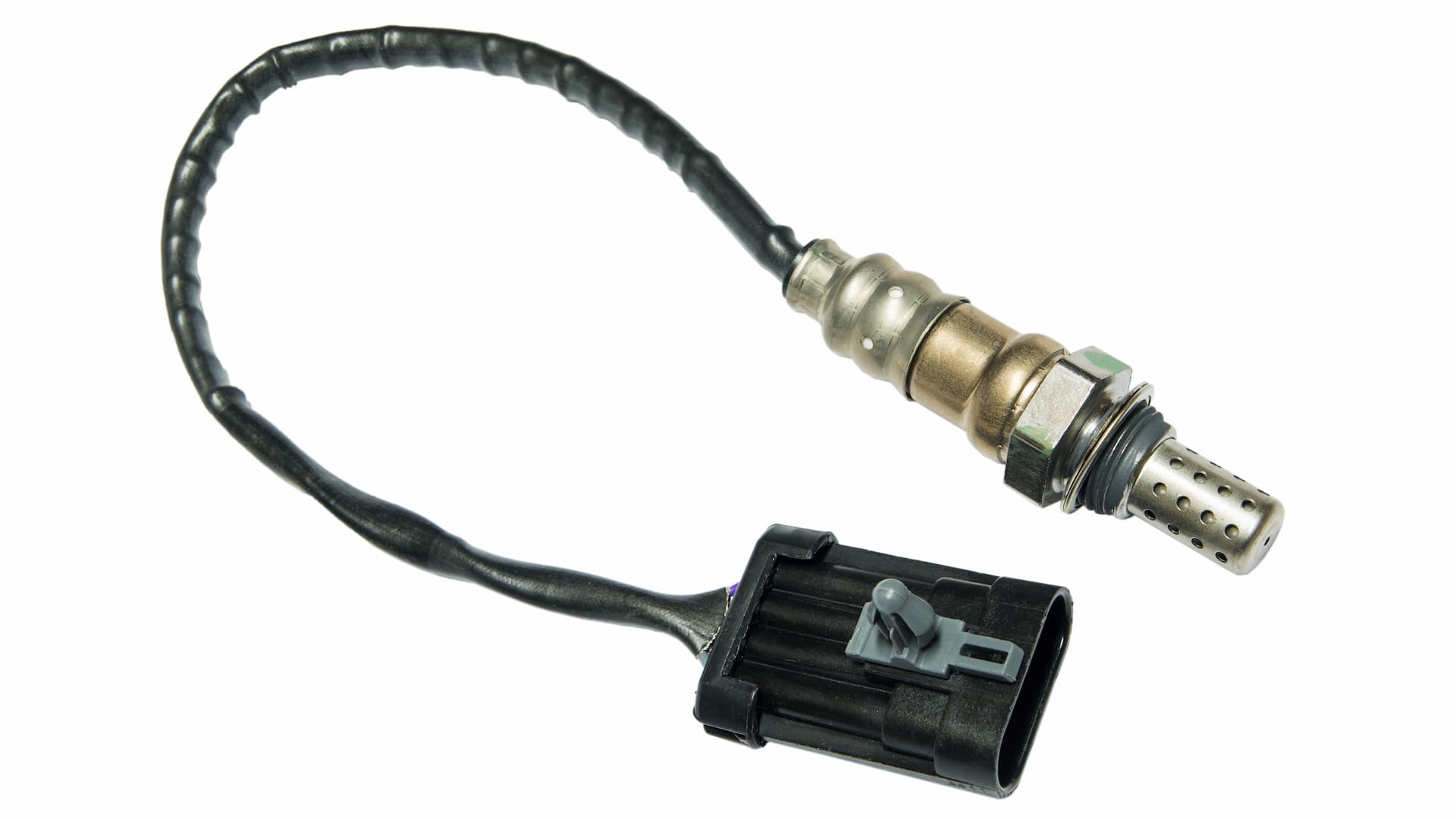Yes, a malfunctioning oxygen (O2) sensor can cause engine overheating indirectly by disrupting the air-fuel ratio and combustion process, though it is rarely the sole culprit.
How a Bad O2 Sensor Leads to Overheating
O2 sensors monitor exhaust gases to regulate fuel injection. When faulty, they provide erroneous data to the engine control unit (ECU), potentially resulting in a lean mixture—too much air and insufficient fuel. This condition elevates combustion temperatures due to:
- Faster, hotter burns: Lean mixtures increase flame propagation speed, generating excessive cylinder heat.
- Pre-ignition or knocking: High temperatures trigger premature ignition, compounding thermal stress on engine blocks and heads.
- Cooling system overload: Sustained heat output can overwhelm radiators, coolant pumps, or thermostats, escalating to overheating incidents like blown head gaskets or warped components.
Prevention and Action Steps
Detect O2 sensor failures early using diagnostic trouble codes (e.g., P0130–P0167). Address overheating risks by:

- Replacing sensors promptly: Install compatible, high-quality O2 sensors to restore accurate fuel control.
- Routine inspections: Check cooling systems annually and maintain optimal coolant levels to mitigate indirect thermal impacts.
Proactive sensor management prevents minor issues from escalating to critical engine damage.

